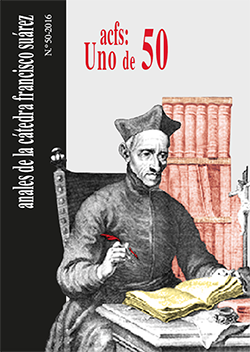Morality and law: their logical relationships
DOI:
https://doi.org/10.30827/acfs.v50i0.5171Keywords:
morality and law, moral subject, validity of lawAbstract
This article examines the logical and linguistic structures of moral discourse and legal discourse from an analytical point of view, in their prescriptive codes, in order to determine the relationship that exists between the two discourses. Although efforts have been made throughout the course of history to secure a sphere of autonomy in the moral subject, and to avoid the external regulatory interference of the arm of the state or the spiritual power of a church, it has not been achieved. The connections between law and morality are demanded from different approaches, although the relations that ground the two discourses are vague and problematic. Vernengo rejects a relationship of subordination of law to morality. Morality, rather than ground the immediate logic of law, establishes a set of reasons, not the only ones because there are other axiological ingredients, justifying the positive laws and duties that concern subjective rights and duties. This involves lowering the relationship between law and morality to a contingent empirical confirmation.
Downloads
Downloads
Published
How to Cite
Issue
Section
License
Authors are the owners of the rights to their works. ACFS requests that publication notice on ACFS is disclosed if they appear later in another place.

















